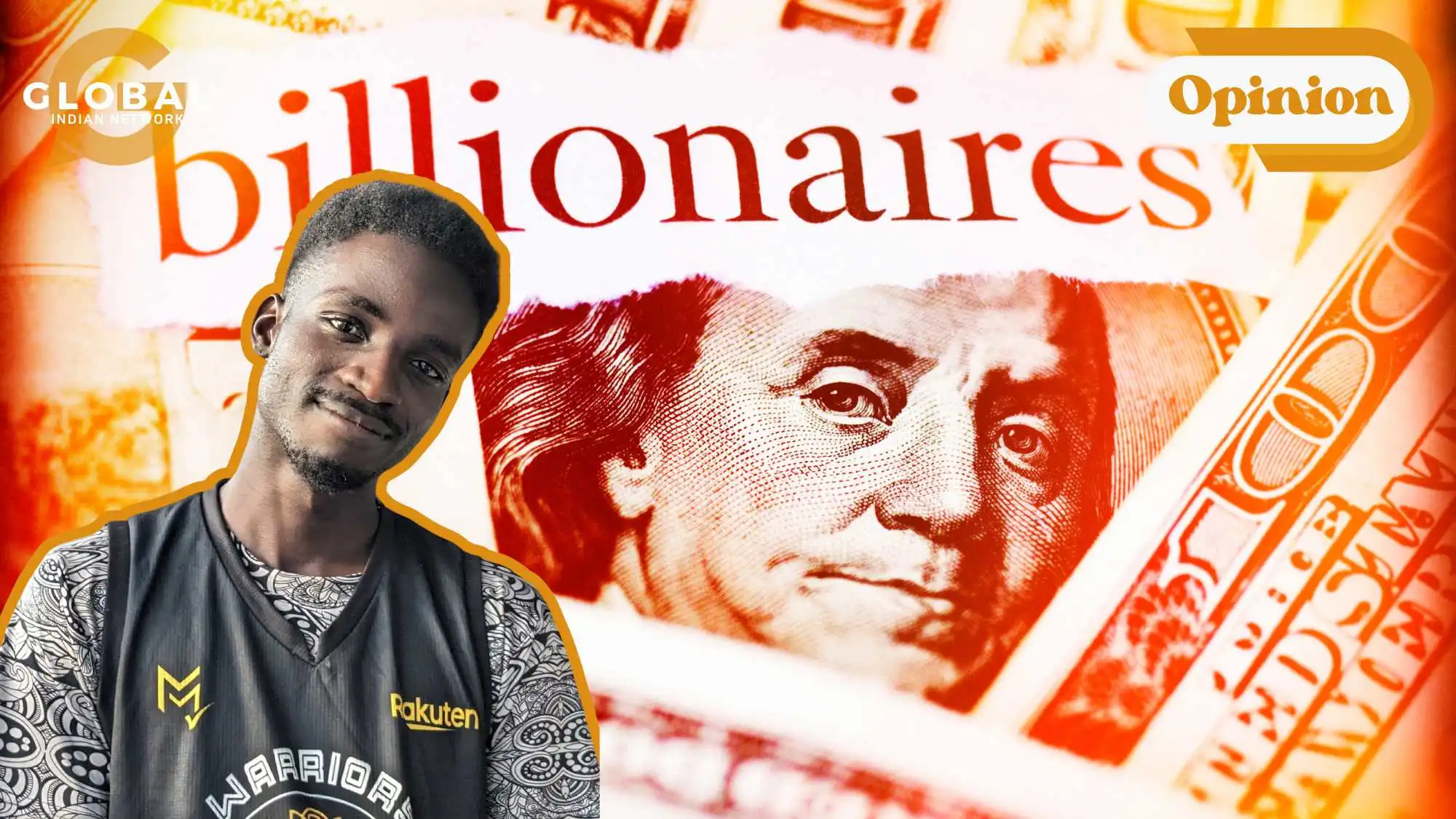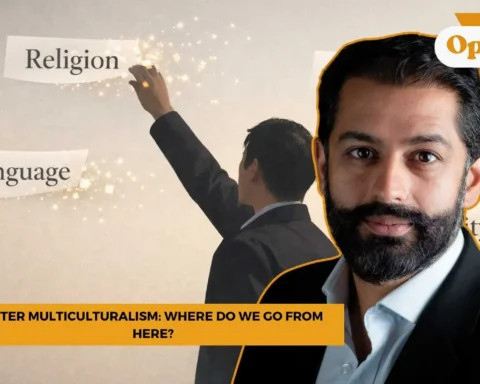In the 1980s through to the mid-2010s, billionaires were seen as the aspiration for most of society. Michael Dell, Bill Gates, and Steve Jobs were heralded as innovators, forward thinkers, and the greatest minds of the modern age. For those holding the United States-centric view, they were the embodiment of the American dream that applied to many people, even those foreign to the land of the brave and home of the free.
This sentiment has not withstood the test of time, at least not in the West, and even where they’re unpopular, they have been gaining traction. Today, billionaires are seen as the manifestation of unchecked greed and exploitation by the wealthy over the working class. Once seen as evidence of a functioning meritocracy, billionaires are now viewed skeptically as elite oligarchs over whom checks and balances seldom apply. But how did we get here?

The Fallacy of Meritocracy
On the eve of the 2008 financial crisis, Apple Co-founder Steve Jobs delivered the Apple Keynote address during which he unveiled the iPhone, which many consider the first smartphone. In his now infamous unveiling, Jobs appeared in a black turtleneck, a somewhat casual appearance for someone of his wealth. This address remains iconic for a multitude of reasons, but one major one is that for the first time, a billionaire who was at the helm of a massive corporation seemed normal. A normal man who had seemingly led the world further into the digital age through hard work and dedication, and in the process earned a fortune.
Following in his tracks were the likes of Zuckerberg, a college dropout in a simple hoodie, who also, through innovation and being a twenty-first-century visionary, reaped the rewards. This wave of admiration was followed by swarms of WhatsApp messages and Facebook posts about the pseudohistorical nature of billionaires. Parents used this as motivational fuel for their adolescent children, and as the awe grew, so did the skepticism.
Over the 2010s, many had noticed that their hard work did not always reap rewards, as capitalism and the 1% were put under a microscope. Many realised that the factors leading to vast wealth accumulation were not just hard work and talent. To a degree, this holds true; many a self-made millionaire exists across sports, arts, and business, but as scholars and the general public began to peel back layers on the idolised class. It became a parent that, at some point, they manipulated the figurative cards in their favour.
Amazon has been guilty of running smaller start-ups out of the market, as it practically controls the market. Apple’s and Google’s app ecosystems have been crafted to move competition away, creating monopolies which hurt not just smaller producers but consumers all in the chase for more wealth.
This collective realisation of the dubious nature of how wealth is accumulated has led to the fall of the idea of meritocracy, at least in the shape and form it was once thought to exist.
Why We Hate Billionaires
Billionaires have become a physical representation of late-stage capitalism. The commodification of basic needs, unregulated greed in the name of trickle-down economics, and the overexploitation of the labour force have all become viewed as major aspects in the construct of the billionaire.
As the wealth disparity has grown everywhere from South Africa to India to the United States, much of the world has begun to demand more accountability and regulation. Many of the places fraught with homelessness, disease, and poverty-induced crime also host the world’s richest individuals. The hate for billionaires is not to say that wealth should not exist, but hoarding vast amounts of resources while a majority of the public struggles to get by is unrepresentative of a purely democratic society.

Let us know your thoughts on whether you support the rapid technological advancements or are a stickler for the traditions and their authenticity. If you have any burning opinions or ideas to share, feel free to contact us at larra@globalindiannetwork.com.









